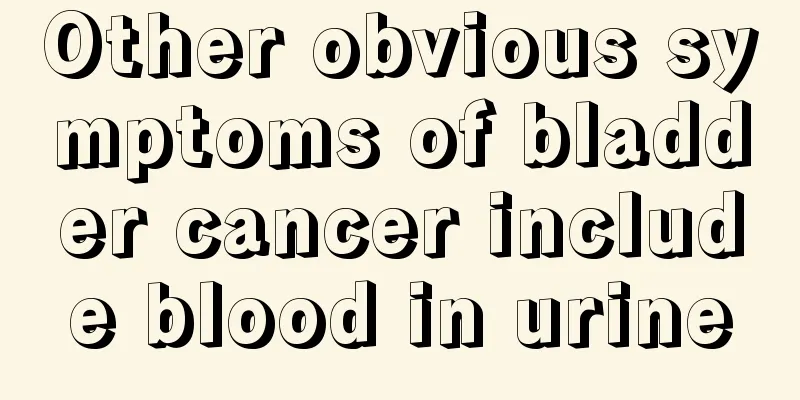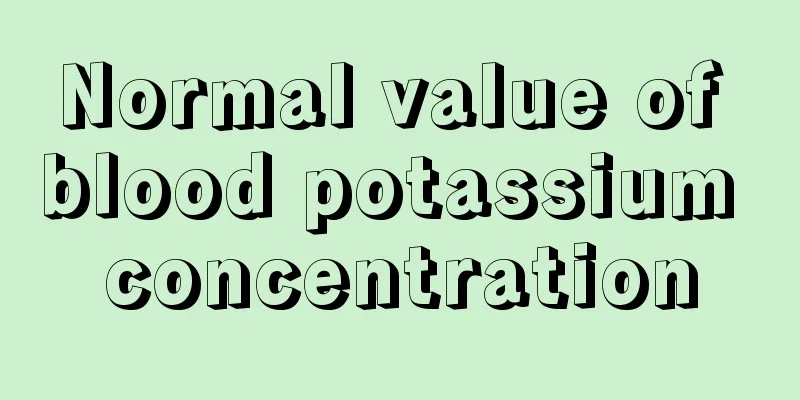What plants can remove formaldehyde

|
Formaldehyde is a very important industrial raw material, but this gas itself has a strong irritating smell. If we inhale too much formaldehyde, it will seriously affect our health. Formaldehyde has many uses, and the one that is most closely related to our lives is its use in decoration. In order to avoid damage to your health, you can grow some formaldehyde-removing plants at home. So, what plants can remove formaldehyde? Let’s take a look below. 1. Chlorophytum comosum Chlorophytum carries out photosynthesis under weak light, absorbing more than 80% of toxic gases in the room, and has a strong ability to absorb formaldehyde. As long as we place 2-3 pots of spider plants in the new house, the toxic gases in the air can basically be absorbed. It can be said that spider plants are equivalent to air purifiers. 2. White Anthurium Anthurium is quite common in our daily life and is relatively easy to grow. It can inhibit waste exhaled by the human body and can also filter formaldehyde in the air. It is one of the plants that is very worth growing. 3. Ivy Ivy is currently the plant with the strongest ability to absorb formaldehyde. It also has a strong adsorption effect on fine dust particles and is an excellent plant for indoor air purification. 4. Monstera It is weaker than spider plants and aloe vera in purifying the air, but it is indeed very effective in removing formaldehyde. Monstera can absorb nitrogen dioxide at night and can greatly improve the air quality. 5. Pothos Green ivy can purify benzene, triethylene and formaldehyde in the air of a new house. It is the most important weapon for purifying the air. It is best to place it in the bedroom to absorb formaldehyde. 6. Drug Weed According to tests by relevant departments, the drug-absorbing grass can disinfect 92.4% of formaldehyde in 3 hours and 98% in 72 hours, so the drug-absorbing grass is the best for absorbing formaldehyde. 7. Rubber Tree The rubber tree has a strong ability to adapt to the environment and is a plant with strong vitality. It has the function of purifying dust and can also purify formaldehyde in organic matter. 8. Schefflera If there is someone smoking at home, you can choose a pot of Schefflera and place it at home. Its leaves can automatically absorb nicotine and other harmful substances in the smoky air, and then convert them into harmless plants through photosynthesis. I believe everyone is aware of the harm of formaldehyde, so it is particularly important to purify the air and absorb formaldehyde. We may not be able to do the expensive formaldehyde removal project, but buying a pot of plants and placing them at home is something that everyone should be able to do, and the effect is good, so why not do it? |
<<: What to do if you are poisoned by wild mushrooms
>>: What's the matter with frequent farting
Recommend
Is the incidence of primary bone cancer high?
The incidence of primary bone cancer is relativel...
What's a good way to relieve a sore throat
The reason why most people have sore throats is b...
What should you pay attention to when dealing with scalds caused by boiling water
Being scalded by boiling water is believed to be ...
Symptoms of Helicobacter pylori
Intestinal diseases are very harmful. They usuall...
How to remove acne at the corners of mouth
The human body is often prone to disease problems...
What foods are good for lung cancer patients? Diet methods that are beneficial to lung cancer patients
Lung cancer is a common cancer in my country. In ...
What are the early symptoms of bladder cancer
What are the early symptoms of bladder cancer? Ab...
How to remove dirt from the inner wall of teeth
If you do not pay attention to rinsing your mouth...
What's wrong with excessive eye secretion
The normal secretion of our eyes is eye boogers. ...
What to pay attention to after liver resection
Generally speaking, do not perform liver resectio...
How to get back together after a quarrel with your girlfriend
In normal interactions between men and women, if ...
Follow the experts to learn about the treatment of melanoma
It is important for everyone to understand the tr...
What are the harmful effects of staying up late on the body
Staying up late is very harmful to ourselves. It ...
Is borosilicate glass toxic?
Borosilicate glass is non-toxic. It is mainly mad...
Do you know the effects and functions of lycopene?
Lycopene is a natural pigment found in plants, ma...









